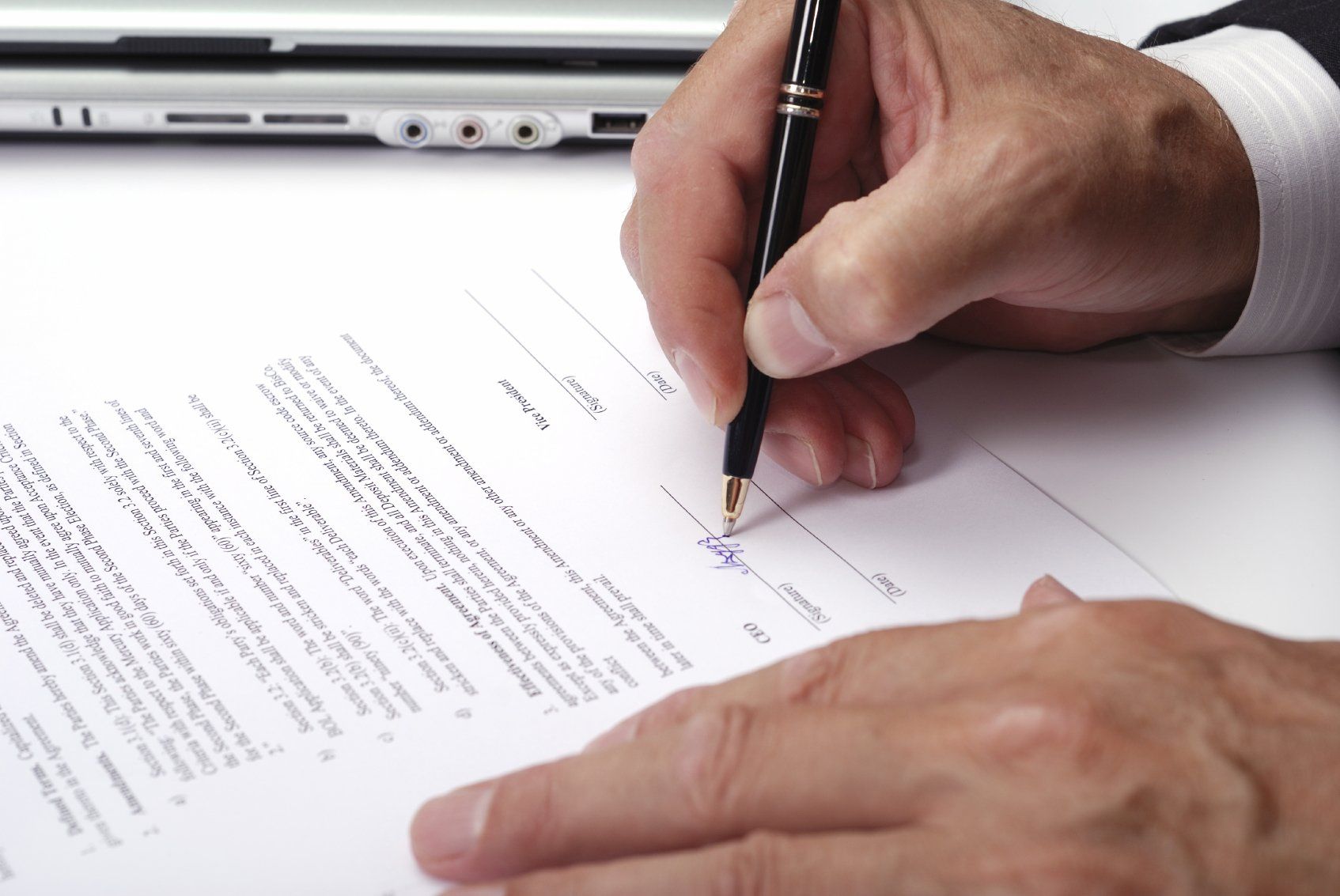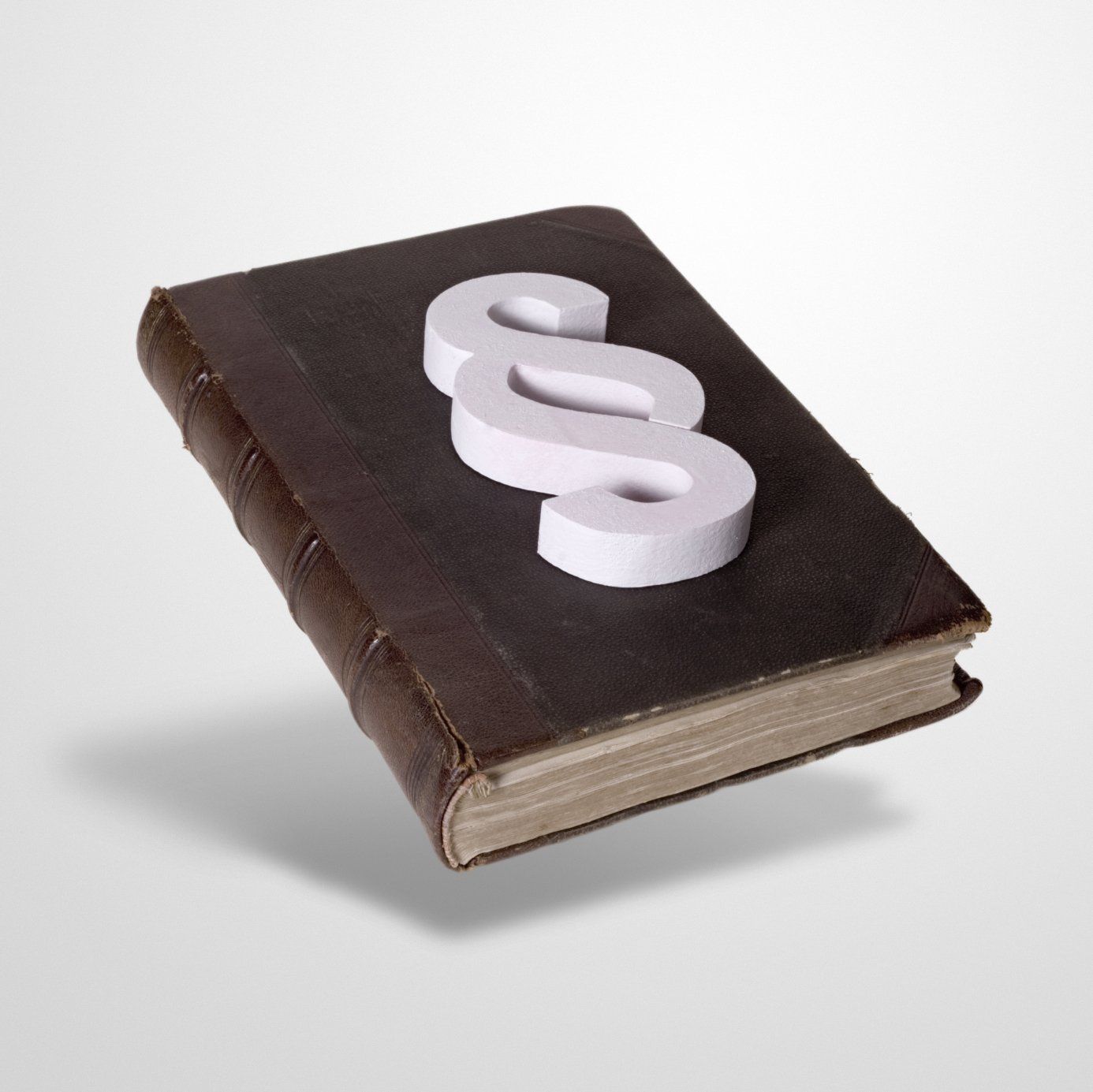Blog Post
If you are seeking legal representation for yourself or your business in an insurance, construction, or business entity/transactional matter or community association matter, we encourage you to
contact us
to receive a free and confidential initial consultation.








